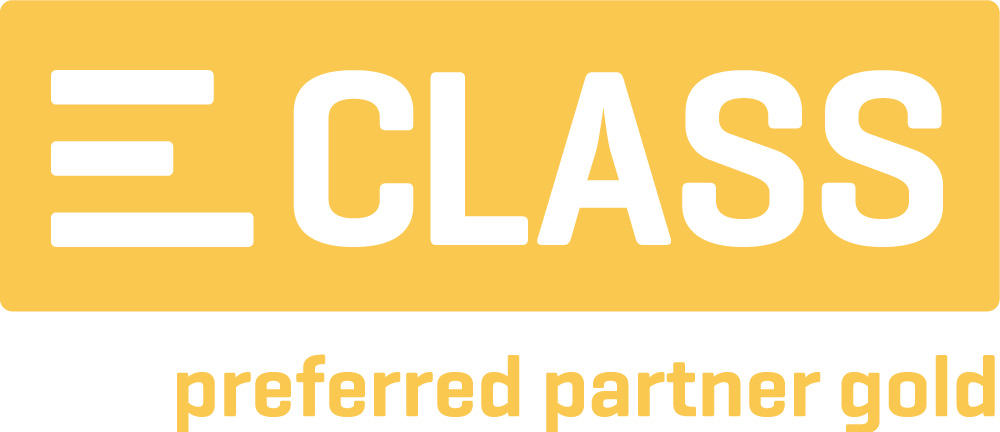On the way to Industry 4.0: “ECLASS 11.0 represents a real milestone”
The first version of the ECLASS classification standard was published in 2001. In the meantime, version 11.0 has been published. The update has taken a little longer than is usually the case. In return, the new features are more extensive than ever before. As an ECLASS Gold Partner and member of the ECLASS CRD/CAx working groups, we assess the significance of the release and show why it was worth the wait.
ECLASS makes a decisive contribution to Industry 4.0
The previous versions of ECLASS were already important steps on the way to Industry 4.0. The release now published goes beyond this and represents a real milestone. The most important innovation of ECLASS 11.0 is the possibility to map the functionalities of a product, including, for example, tripping characteristics, with the standard in addition to physical specifications, such as product size or position of the connections. This creates great potential for a smooth and automated production process. Because: The even more detailed description of the product data enables a correspondingly detailed engineering process.
ECLASS 11.0 improves the semantic standard for communication between machines (IoT)
Machine-to-machine communication is a crucial aspect when it comes to automated processes in the sense of Industry 4.0. But it also represents a source of error. What is needed is a semantic basis for the exchange of information in Industrie 4.0 use cases that ensures that the product data provided is interpreted in the same way by every machine. The SemAnz40 project, on which ECLASS e.V. is working together with the project partners of Otto von Guericke University Magdeburg, Rösberg Engineering and Helmut Schmidt University, has dedicated itself to this task. The basis for SemAnz40 is already formed by existing standards such as ECLASS. With ECLASS 11.0, the development of SemAnz40 therefore also takes a decisive step forward.
Those who do not react now will be left behind
Standards are the key to Industrie 4.0, which is why we have been committed to establishing standards such as ECLASS and AutomationML for many years. In the recent past, the number of positive practical examples has risen noticeably and increases the pressure on latecomers. With the 11.0 release and the improvements it contains, this situation is becoming even more acute. Companies that still refrain from introducing ECLASS as a product data standard today will most certainly be left behind in the future.
ECLASS implementation: Support from experienced partners remains valuable
Companies planning to introduce ECLASS should rely on the advice and support of experienced experts. This is because the concrete implementation in the different IT landscapes can be challenging, especially in the initial phase. A network of authorised IT service providers such as AmpereSoft is available for this purpose, offering software tools for maintenance and use as well as consulting and support services.

